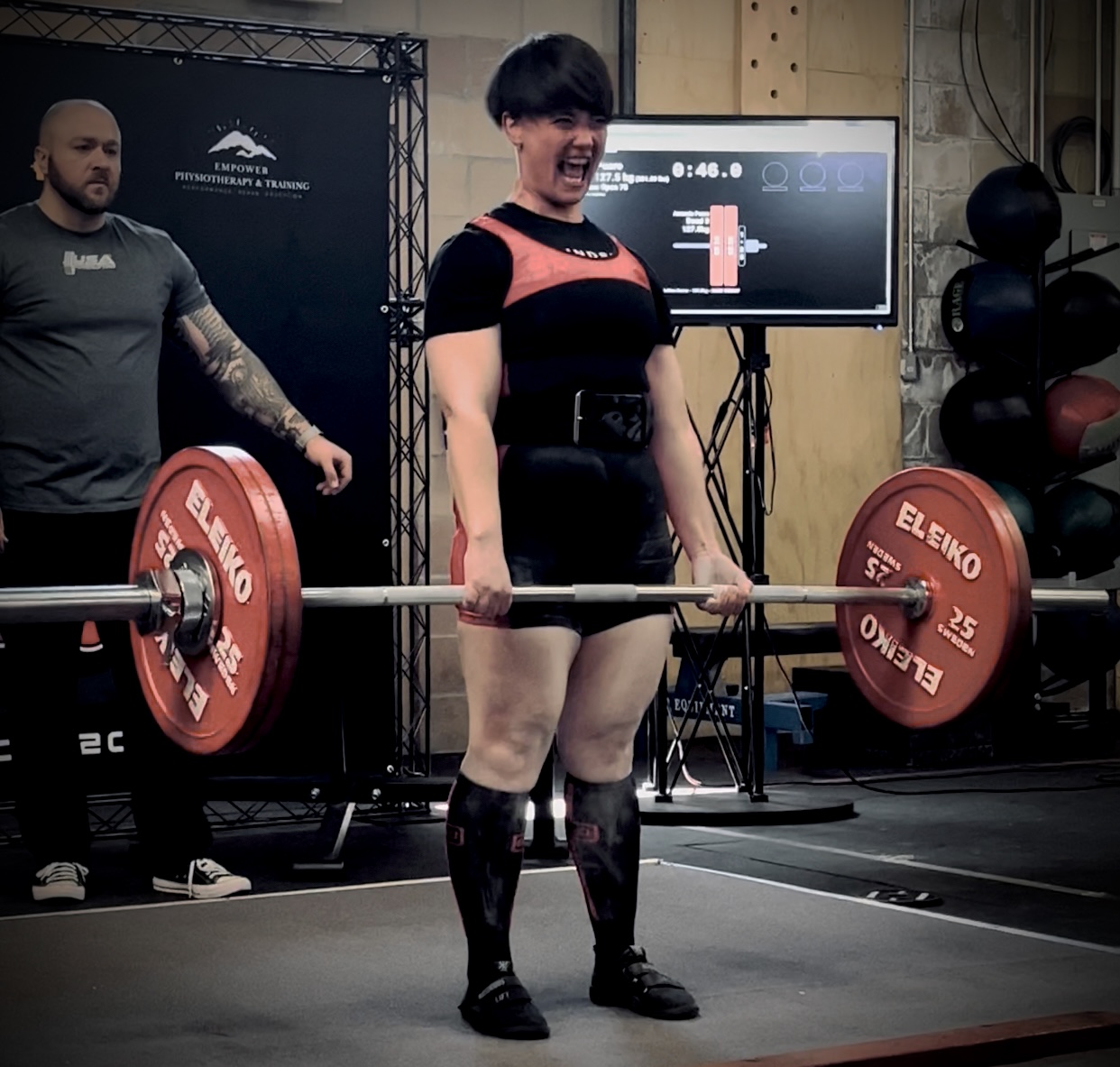Maximizing Your Gains: Timing Your Carb Intake for Powerlifting and Weightlifting
- Coach AP
- Apr 22, 2024
- 2 min read
Optimizing your nutrition is crucial for achieving peak performance in powerlifting and weightlifting. While protein often takes the spotlight for muscle growth, carbohydrates play a vital role in fueling intense workouts and supporting recovery.
When it comes to timing your carb intake, strategically planning around your training sessions can make a significant difference in your performance and results. In this article, we'll delve into the science behind carb timing and provide practical tips for incorporating it into your daily routine.
Understanding the Role of Carbohydrates:
Carbohydrates are the body's primary source of energy, particularly during high-intensity exercise. When you engage in powerlifting or weightlifting, your muscles rely heavily on glycogen stores, which are fueled by carbohydrates. Consuming an adequate amount of carbs before, during, and after your workouts ensures that your muscles have the energy they need to perform optimally and recover efficiently.
Timing Pre-Workout Carbs:
Consuming carbohydrates before your training session provides your muscles with readily available energy and helps prevent fatigue during your workout. Ideally, aim to consume a meal or snack containing both carbohydrates and protein approximately 1-2 hours before you hit the gym. Opt for complex carbohydrates like whole grains, fruits, and vegetables, which provide sustained energy without causing blood sugar spikes.
During intense lifting sessions, you may benefit from consuming fast-digesting carbs such as fruit or sports drinks to maintain energy levels. Experiment with different options to find what works best for you and your digestion.
Post-Workout Carb Timing:
After your workout, your muscles are primed to absorb nutrients for recovery and repair. Consuming carbohydrates alongside protein within the first hour post-exercise replenishes glycogen stores and kick-starts the muscle-building process. Aim for a carbohydrate-to-protein ratio of approximately 3:1 or 4:1 to optimize recovery.
Fast-digesting carbohydrates like white rice, potatoes, or easily digestible fruits can be particularly beneficial during this window of opportunity. Pair them with a lean source of protein such as chicken, fish, or tofu to promote muscle repair and growth.
Tailoring Carb Intake to Your Goals:
The timing and quantity of carbohydrates you consume should align with your training goals and individual needs. If your primary focus is strength and power, you may benefit from consuming more carbohydrates both before and after your workouts to support performance and recovery. On the other hand, if you're aiming to reduce body fat while maintaining muscle mass, you might prioritize carb intake around your workouts and taper them off during the rest of the day.
Experimentation and monitoring your body's response are key to finding the optimal carb intake and timing for your specific goals and preferences. Keep a food and training journal to track how different carbohydrate strategies affect your energy levels, performance, and recovery.
Timing your carbohydrate intake around your powerlifting or weightlifting training sessions can significantly enhance your performance, recovery, and results. By fueling your workouts with the right balance of carbohydrates and protein, you'll provide your muscles with the energy they need to lift heavier, recover faster, and grow stronger over time. Remember to tailor your carb intake to your individual goals and adjust as needed based on your body's response. With strategic nutrition planning, you'll be well on your way to maximizing your gains in the gym.


Commentaires